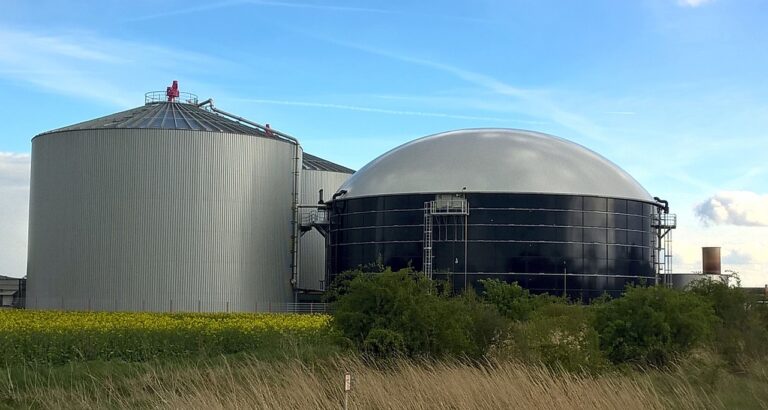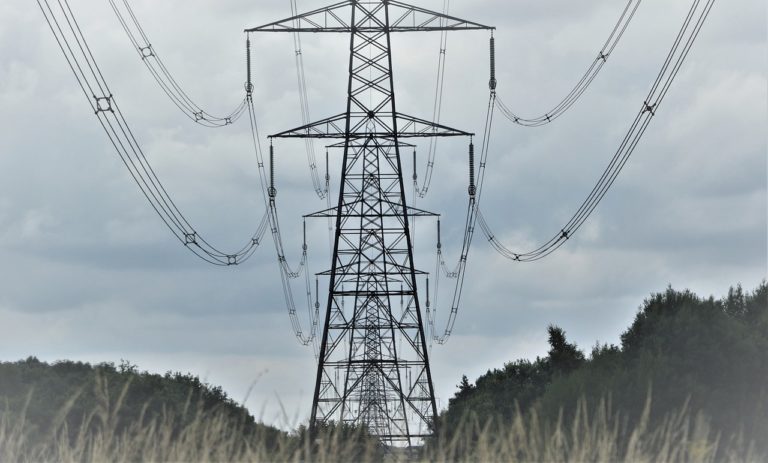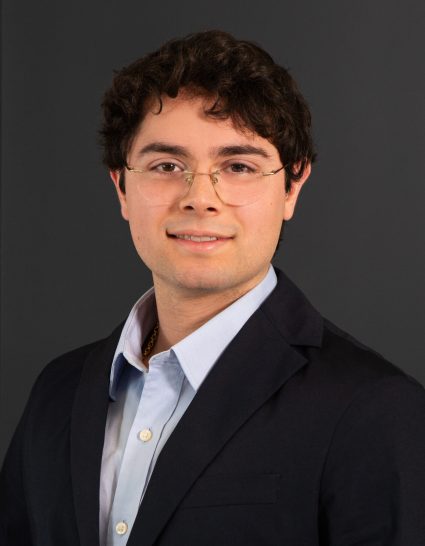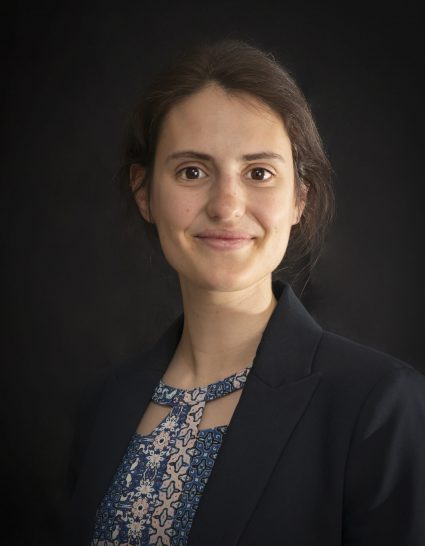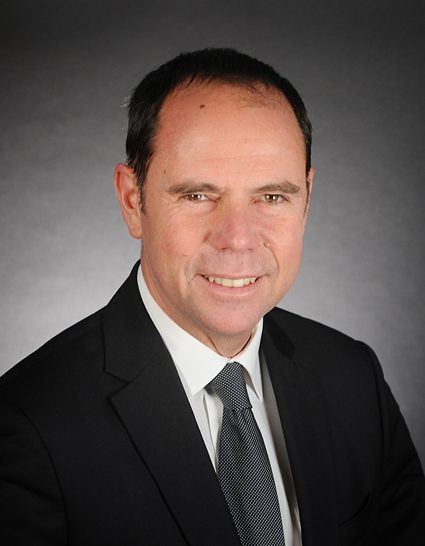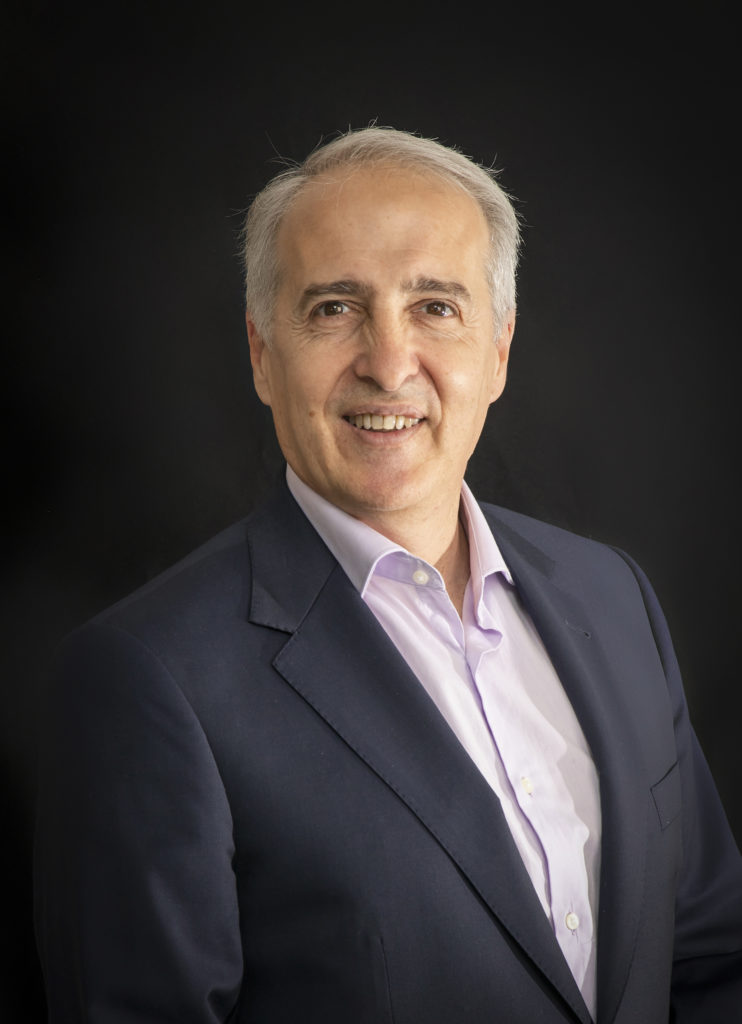For some time now, the world of energy has been watching the emergence of a new reference acronym: ‘PPA’. These three letters, often complemented with attributes such as ‘Corporate’, ‘Renewable’ or even ‘Long-Term’, seek to represent the future of the competitive development of carbon-free energies worldwide.
However, our understanding of these three words, ‘Power Purchase Agreement’, is that this kind of contract designates the large family of contracts where at least one of the parties purchases electricity. Therefore, we are a bit perplexed when we read in the specialized energy press that some problems could arise when developing PPAs in France (even nuclear power is often considered as the one to blame).
Apparently, when Jean-Louis Bal, Chairman of the Renewable Energy Association, says ‘In France, we have a real PPA competitiveness problem’, and despite the fact that many consumers in France can purchase electricity at prices that are among the lowest in Europe, it means that, in this context, PPA does not only refer to electricity purchase agreements, but to a more specific contractual form.
In light of this misunderstanding, it seems clear that some work needs to be done to define this term.
We have found an interesting definition in Directive (EU) 2018/2001 of the European Parliament and of the Council of 11 December 2018 on the promotion of the use of energy from renewable sources (Article 2):
Renewables power purchase agreement: a contract under which a natural or legal person agrees to purchase renewable electricity directly from an electricity producer;
Therefore, this definition does not only eliminate any contract with an electricity end customer (only a supplier holding ad-hoc ministerial authorisation may sell electricity to an end customer), but also the famous ‘Exceltium’ contract – one which is nonetheless remarkable, representing a volume of 148 TWh over a period of 24 years – but that involves nuclear electricity…
On the other hand, all of EDF facilities under obligation of purchase contracts, or facilities under additional remuneration contracts, do fall under this definition, along with a vast amount of types of supply contracts.
Another relevant and more targeted definition is given to us by Voltalia in its press release of 26 June 2019 announcing the signature of the first very long-term direct power purchase agreement for approx. 150MW in France:
Power Purchase Agreement:
a contract under which a company agrees to purchase electricity directly from a renewable energy producer’s plant, either solar or wind, especially built for this purpose, and made possible by the extended term of the agreement.
Here, the restriction of this definition to only solar or wind power plants excludes, perhaps arbitrarily, biomass, biogas and hydropower (and, of course, nuclear power).
In fact, these definitions do not fully reflect the underlying spirit of this scheme, that being:
-
- Competitiveness in terms of market prices
- The lack of public support or subsidies (State Aid)
Competitiveness: actually, this can only be measured objectively along the liquid market horizon, that being three years, and such visibility is not yet available for the capacity component (certainly weak when it comes to solar power). The long-term vision, for its part, will very much depend on the ability of solar development to erase the still-persistent marginality of fossil generation tools during sunny hours. Even when taking into account that the evaluation of the sale of solar energy on the markets is currently showing a premium with regards to average prices (in the region of €2/MWh), the prices of the latest calls for tenders organised by the French Energy Regulatory Commission (CRE) still reveal a gap in competitiveness with respect to market prices: last August, the average price for successful tenderers for large solar farm facilities was €59.5/MWh. There may be some tenderers who, for the most part, will eventually contribute to the ‘energy transition’ special allocation fund (CAS), rather than receive additional remuneration. As debtors of the Contribution au Service Public de l’Electricité[1] (CSPE), we are grateful to them… while still noting that the multi-year energy programme (PPE) does indeed provide for a global increase in the costs for supporting renewable energies over its period (up to 2028).
State Aid: if the mechanism of ‘PPAs’ resulting from CRE calls for tenders is indeed considered as state aid, this aid is governed by European regulations and guidelines (Commission authorisation SA.46552 dated 29/09/2017) which impose constraints that may weigh on their competitiveness (treatment of negative prices, balancing responsibility, contractual duration). These constraints don’t necessarily exist in the same form in private ‘PPAs’.
Whatever the case may be, the PPE essentially (if not exclusively) provides for the development of renewable energies through CRE calls for tenders and it doesn’t seem likely that another State body should be in charge of supplementing this deployment with parallel procedures. In this context, the emergence of private initiatives, which would again leave investment decisions resting solely on the shoulders of market mechanisms (‘the world of yesterday’, as EDF Chairman Jean-Bernard Levy recently referred to) could represent a ‘Back to the Future’ situation that is as sympathetic as it is unexpected.
[1] Public service levy on electricity paid by final consumers to cover the over cost of ENR.
Philippe Boulanger

